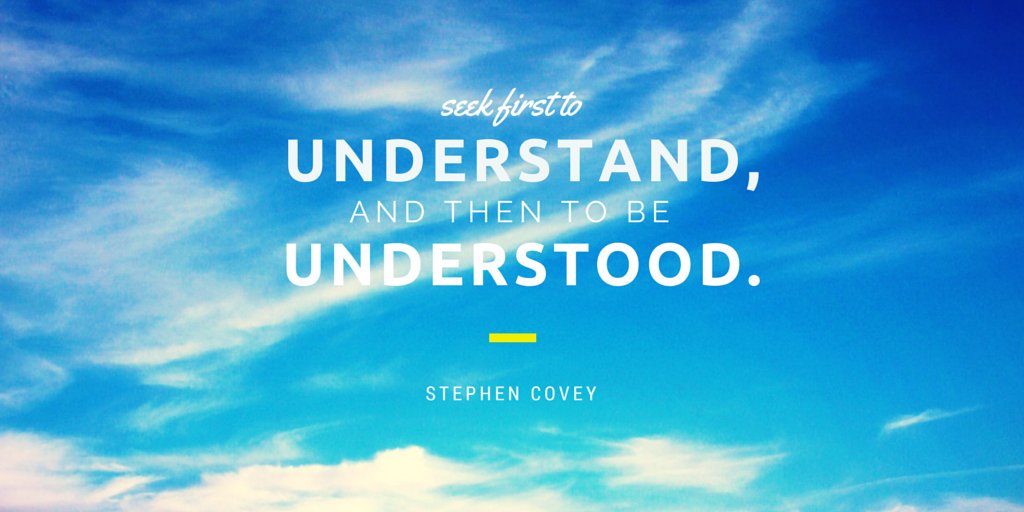
These activities require people to work in pairs through a series of escalating good listening behaviours:ġ. Here are some team building activities that will help develop listening empathetic listening skills. Team building activities to develop listening skills This creates a safe environment for them to express themselves honestly and gives you the opportunity to really understand where they’re coming from. You are, however, acknowledging that their opinions and feelings are real and valid for them at this time. Remember that empathetic listening in no way implies that you must agree with the other person. Empathetic listening is about trying to understand the true meaning of what a person is communicating, both thoughts and feelings. In short, this is the antithesis of team building.Įvading the assumption trap with empathetic listeningĮmpathetic listening is an effective antidote for the poison of unwarranted assumptions that might be at the root of misunderstanding. It just seems so much easier! But, in the long term, where there is no true understanding of a person’s ideas, feelings and intentions, there can be no true consensus and no true buy-in. As Stephen Covey noted, in our haste to respond with our own ideas, we often substitute our own assumptions for the true understanding that might be gained from a few minutes of listening.

It can be rather funny but it can be frightening too. Then it occurs to you: “Are they understanding the other side’s position on this?” In some cases, you may find yourself wondering if they aren’t really saying much the same thing. Frustrations mount, voices are raised and, in the ensuing chaos, no one appears to be listening. Two people, or possibly two “factions”, just cannot see eye-to-eye. You may have experienced this situation: you’re in a team meeting trying to come to an agreement on a basic course of action when the decision making process stalls. Covey describes an approach for helping us to overcome our assumptions and truly understand another person’s point of view. In his classic book, “The Seven Habits of Highly Effective People”, the late Stephen R. Whether we are interacting with family members, clients or members of our work teams, our own assumptions about their intentions and meaning can be one of the greatest impediments to understanding and agreement.

Covey, “The 7 Habits of Highly Effective People” “Most people don’t listen with the intent to understand they listen with the intent to reply.” –Stephen R.


 0 kommentar(er)
0 kommentar(er)
